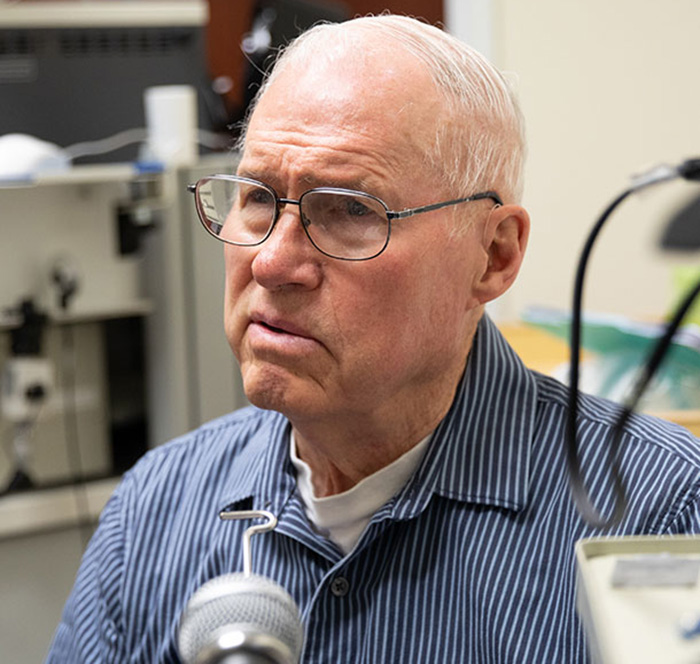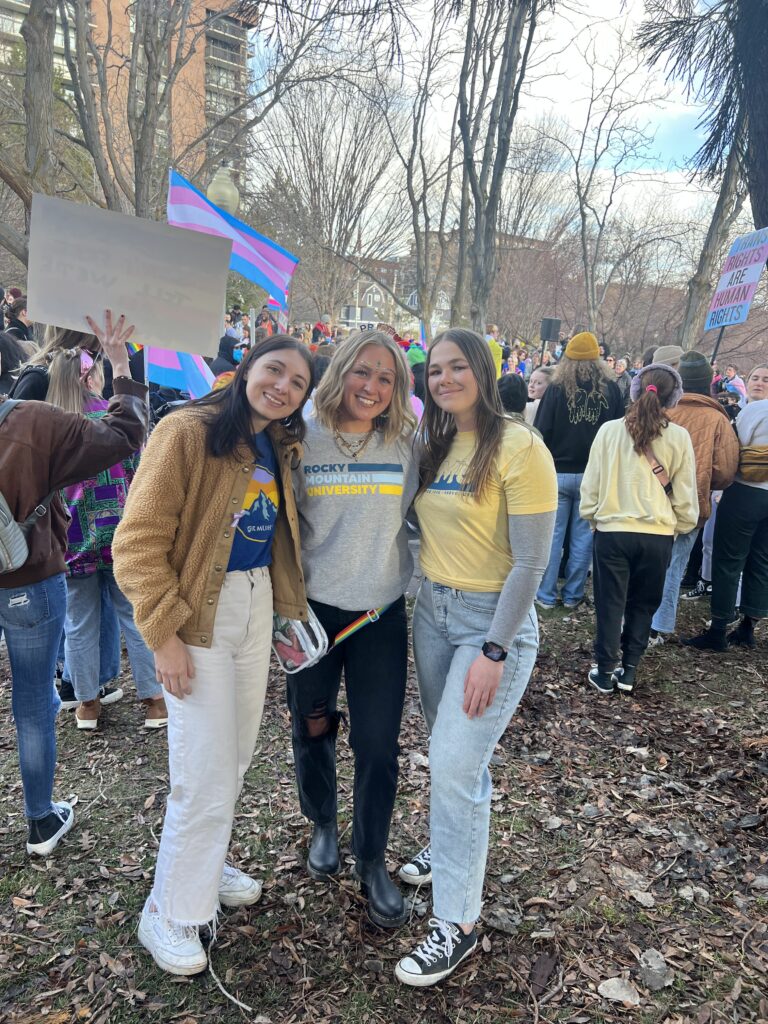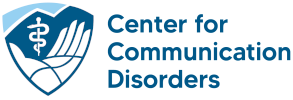We offer a variety of treatments to help you achieve your goals for your voice.

Understanding Voice and Resonance
Vocal folds produce vibration that our throat and mouth turn into speech sounds. Each person’s voice is unique to them but it can be damaged through overuse or disease or may not sound the way you would like. Other things that can affect voice are aging, poor respiratory function, or radiation, particularly from head and neck cancer. Person’s who are transgender or gender nonconforming may also be interested in changing their voice and communication to better match their gender identity.
• Laryngeal Function Assessment with Acoustic Analysis
• Aerodynamic Assessment of Voice
• Videostroboscopy
• Nasometry
• Laryngectomy Treatment
• Artificial Larynx
• Esophageal Speech
• Tracheoesophageal Voice Restoration
• Individual Treatment for Voice and Resonance Disorders
• Transgender and Gender Non-Conforming Treatment
At your first voice and resonance appointment, we begin with a thorough evaluation which involves listening to your voice, talking with you about your speaking habits, and taking measurements of your voice characteristics. We have the ability to complete videostroboscopy, where we can visualize and record your vocal folds as you speak. We are able to assess your pitch, levels of loudness, and how your voice varies as you speak.
A treatment program will then be developed with you to achieve your goals. Biofeedback, laryngeal manipulation, and home treatment programs may be included. The types of things you may work on in therapy might include working on your pitch (how high or low your voice sounds) or resonance (the quality of your voice), intonation (the rhythm and melody of your voice), or your rate and loudness.
The CCD provides support for voice and communication differences as well as disorder. We provide voice and communication therapy for individuals who are working to match their speaking voice and communication style to their gender presentation.
During your first appointment, an evaluation to establish baseline measures and identify any underlying disorders will be performed. A treatment program that reflects your desired communication qualities will then be developed with you. Most treatment programs include individual appointments and group practice sessions may also be recommended.

RMU students from the University’s Center for Communication Disorders (CCD) gathered at the Utah State Capitol this spring to attend the Transgender Day of Visibility Rally and March.
